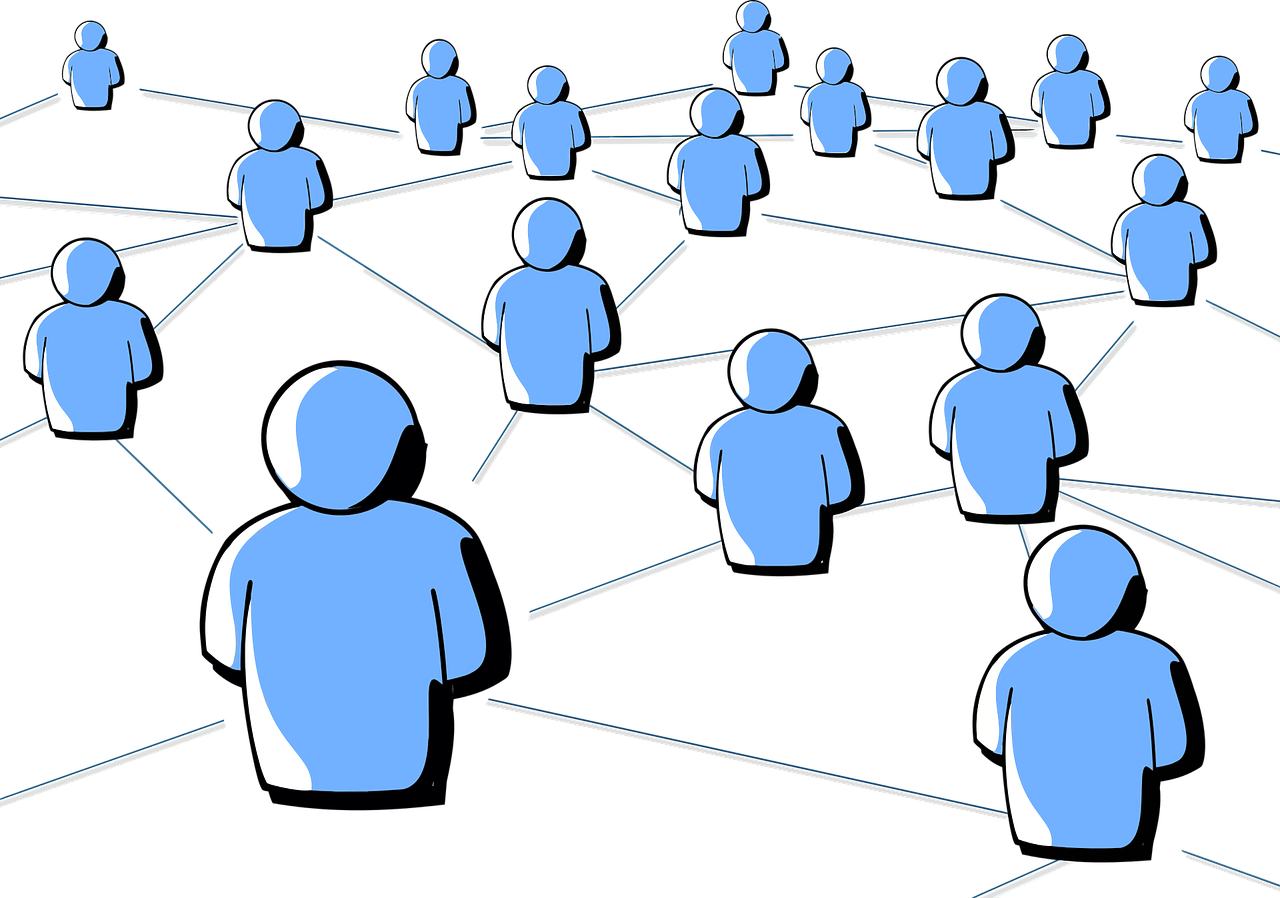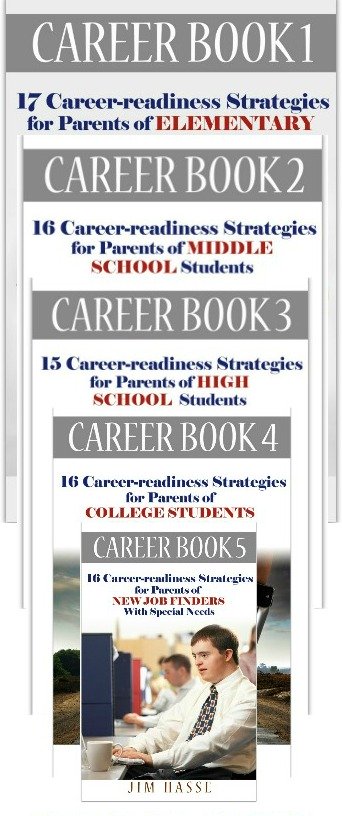Social Network:
Cerebral Palsy
Career Builder for College Students
By Jim Hasse, ABC, GCDF, Disability Employment Expert
_________________________________________________________
Build a social network. That’s one of the most important steps the college student with cerebral palsy (CP) you’re career coaching can take right now to prepare for his or her entry into the mainstream job market.
I know. Establishing (and maintaining) a credible social network takes time and can, a times, seem mechanical, tedious and not particularly productive.
In fact, I’ve caught myself dreaming about ditching my computer and getting back to real, face-to-face interaction with people.
In some ways, that would be nice.
But, I recently ran across this comment from Boris Epstein, the CEO and Founder of BINC, a professional search firm that specializes in the software marketplace:
"Nowadays employers rarely hire just skills and are looking for much more of a complete package -– skills plus a well-rounded individual that fits well with their team and company. And a person’s social media footprint gives employers (and others) the best insight into your passions, interests, communication styles, work habits, work/life balance and all sorts of other valuable information.
“Simply put, it helps
an employer get to know you and get comfortable with you before a single word
has even been exchanged. So think about it -- if you had the choice to consider
a cold, bland resume or an actual person with common interests, passions and
work/life style, wouldn’t the choice be obvious?"
More accessible recruitment
The U.S. Department of Labor estimates that more than 65 percent of all jobs filled in the U.S. come about as a result of networking. That figure hasn’t probably changed much since WW II, despite the Internet, job sites etc.
But, I wonder if we aren’t experiencing a shift right now of another kind. Is knowing how to use social media and building a social network to effectively brand yourself becoming an essential marketing skill your soon-to-become job seeker now needs to possess -– just like skills in computer use, interpersonal communication, teamwork etc.?
If so, that tends to again make the playing field for recruitment a little more accessible for your son or daughter with CP because face-to-face contact with hiring decision makers is not always required or preferred – at least initially.
Your college student can now use social media savvy and well-established social network to help the right people (hiring decision makers) know about him or her before actually meeting in person to discuss a job opening. That savvy needs to be based on a sound social network approach.

Networking has changed
Time has changed networking into a sophisticated job marketing tool.
30 years ago, networking for job seekers meant casually striking up a conversation with others at a conference, workshop or cocktail party about "work." Job seekers sought to discover mutual interests, share information about "who is hiring," exchange calling cards and build their networks by following up a day or two later by telephone. It was basic career research. It was also job marketing.
20 years ago, career research for job seekers became more deliberate. Job seekers sought to expand their networks and go directly to the "hidden" job market by actively but discreetly doing job sector and company research through in-person "informational interviews."
Job seekers personally interviewed people within companies or organizations which met their criteria as a "targeted" employer. They asked about what they liked about their jobs etc. It was basic career research.
At the same time, job seekers sought to actively enroll these key company contacts into their efforts to expand their career research networks. They asked them for referrals to other people they could interview within their particular job sector. Such interviews became job marketing opportunities.
Then, about 15 years ago, savvy job seekers started doing career research online and using e-mail lists to network with prospective employers. "Pay it forward" and "give to get" became the norms in that online environment, where being knowledgeable and helpful to others are keys to expanding the scope of researching a job -- and marketing oneself as a job seeker.
Today, each of these forms of networking, when used judiciously, can play a role in researching a career, conducting company research, establishing relationships with key contacts, gaining access to the "hidden" job market and "selling" oneself as a potential employee.
But, there are now additional resources we didn't have three decades (or a decade) ago: online social media, such as: LinkedIn, Twitter, Facebook, StumbleUpon, etc.
The bottom line: As your soon-to-be job seeker has already discovered, job research and networking are less invasive for everyone involved. Under the “new” social network relationships, job marketing efforts have become more focused and more time-efficient with less effort and a lower cost.
How the new social network works
By using LinkedIn, for example, your college student can connect with exactly the right people in the companies where he or she wants to work.
If your youngster doesn’t know anyone in a targeted company, LinkedIn provides the opportunity to find connections who can introduce him or her to a key contact within the company or to one of their connections who can make the introduction. Replicating that social network gives a new dimension to career networking, company research, and job marketing.
College students with a well-established social network have one big advantage over the pre-Internet job candidates who relied on in-person “informational interviews” to build their networks. That advantage is this: People in social networks such as LinkedIn want to connect with others and establish relationships. That’s why they are there.
They may have a research or selling objective in mind, but most understand that meeting that objective comes as a result of cultivating genuine relationships by being helpful to others (answering questions, offering information, and making introductions).
In doing informational interviews, I often felt like I was intruding on someone’s time during business hours, even though I was sincerely trying to learn about the person’s job.
That’s not the case with social media, which have been developed precisely for networking.
That means your college student can confidently put his or her best foot forward in a social network setting. Coach your youngster to describe what he or she we needs in a concrete, authentic way – always remembering to help others in the same way.
Return from Social Network to Interview Tips
Go to Cerebral Palsy Career Builders
This is Creative Commons content. You can freely and legally use, share and repurpose it for non-commercial purposes only, provided you attach this sentence and the following attribution to it (including the two links):
Originally written and illustrated by Jim Hasse, ABC, GCDF, owner of Hasse Communication Counseling, LLC, who, as a person with cerebral palsy, served for 10 years as a vice president in a Fortune 500 company during his 29-year career in corporate communication. He’s an Accredited Business Communicator, certified as a Global Career Development Facilitator and author of 14 Amazon books about disability awareness and disability employment issues.





